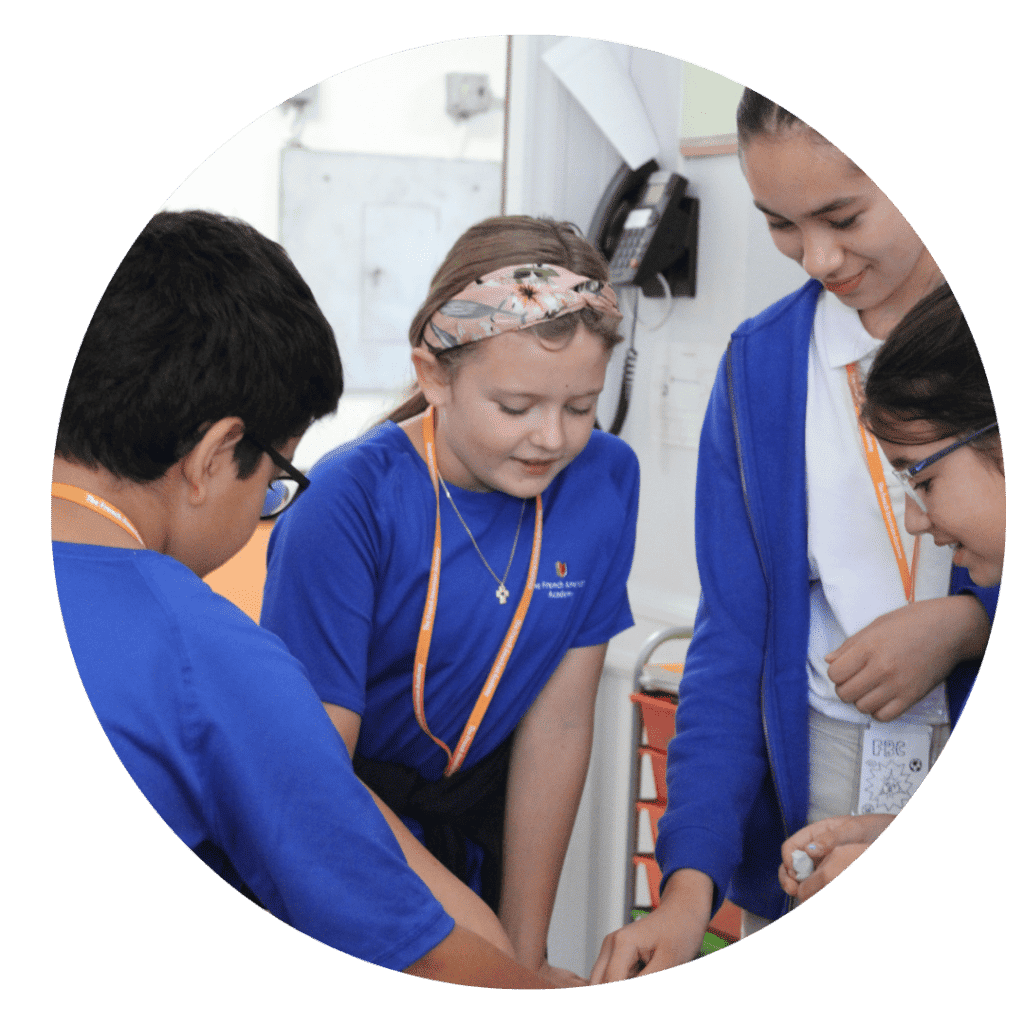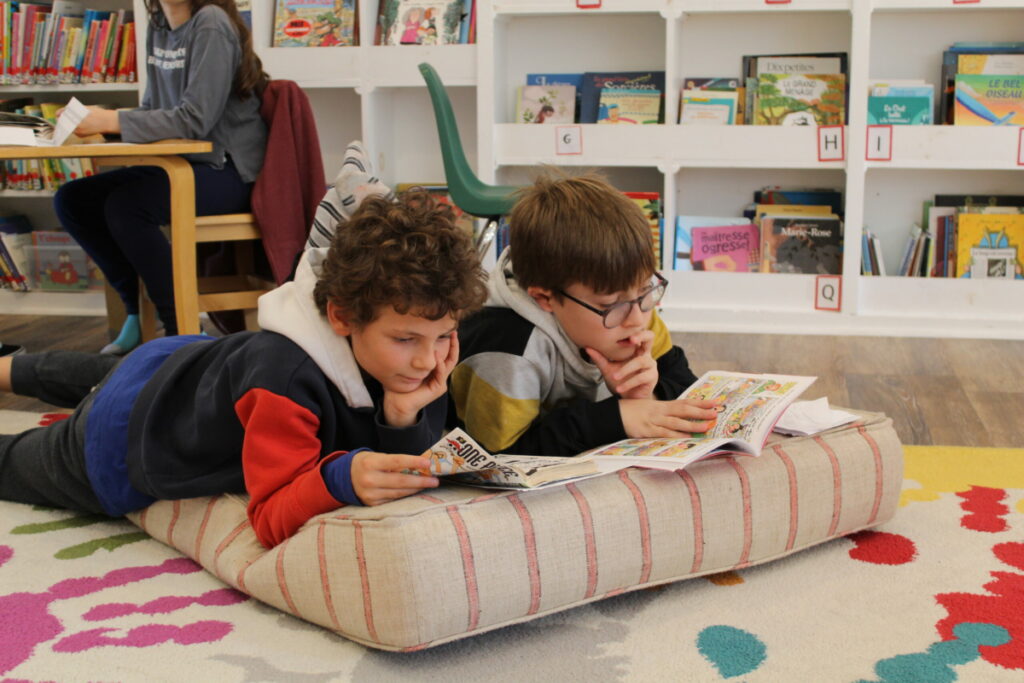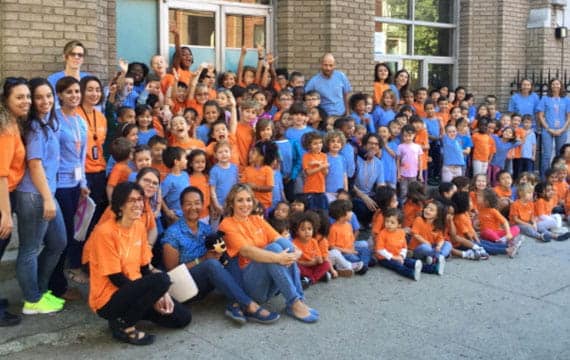Back to School Night is an important ritual marking the beginning of the new school year.
It starts with a general meeting and a warm welcome from the Head of School and Divisions Directors. Then, parents separate to visit their child’s classroom.
On this night, your child’s teacher explains their goals for the class and for your child. They’ll share information about their teaching style, methodology, and grading system. You’ll find out what notebooks are used for and what projects are coming up.
Back to School Night is not a time for individual questions about your child. You can always make an appointment with the teachers to discuss personal matters.
Important information to take away from back-to-school night.
1. An overview of your child’s school day
Teachers will share the typical daily and weekly schedule for the class. If you want to volunteer in the classroom, this information is helpful in determining the best time to come. For example, if you’d like to volunteer during library time, you need to know when this is happening.
2. Knowledge of what the classroom looks like
Take a look around the classroom. Is it well-organized? Is it warm and inviting? Is it stimulating to young minds but not overstimulating? You can tell quite a bit about the teacher from what you see on the walls and in the bookshelves. You will also have the opportunity to look at the notebooks and any journals, portfolios and artwork the students have created.
3. What it’s like to sit in your child’s seat
Many teachers ask parents to sit in their child’s seat. This gives parents the opportunity to see the classroom from their child’s point of view, and it gives teachers the chance to mentally match parents with students.
4. The homework and discipline policies
The homework policy should include information on when homework is due, how it is evaluated and how often, how much is assigned each night and on weekends, and how much it counts towards the final grade.
5. How to contact the teacher
Find out how to contact the teacher and what form of communication they prefer: email, voice mail or notes. The teacher is always your first contact point.








